James Cameron, Hollywood's blue-hued mythmaker, has always played with moral gray zones. But the CinemaCon-exclusive Avatar 3: Fire and Ash trailer suggests he's not just dabbling anymore—he's diving headfirst into the fire. Literally.
Let's be clear: Avatar has never been subtle. Colonialism bad. Nature good. Family sacred. But now? Cameron's script seems to torch his own moral playbook. The Na'vi, once the franchise's spiritual and ecological heart, are no longer untouchable. And that's the point.
Jake Sully Isn't a Hero. He's a Man on the Edge.
He hugs Spider like a desperate father trying to hold onto a crumbling foundation. He warns Neytiri, “We cannot live with this hate,” sounding less like a leader and more like someone losing control of the narrative. The jungle, once a place of solace, now echoes with impending war. Jake's arc feels like it's modeled on tragic commanders of the past—think Tony Stark in Civil War, or Aragorn had The Two Towers ended differently.
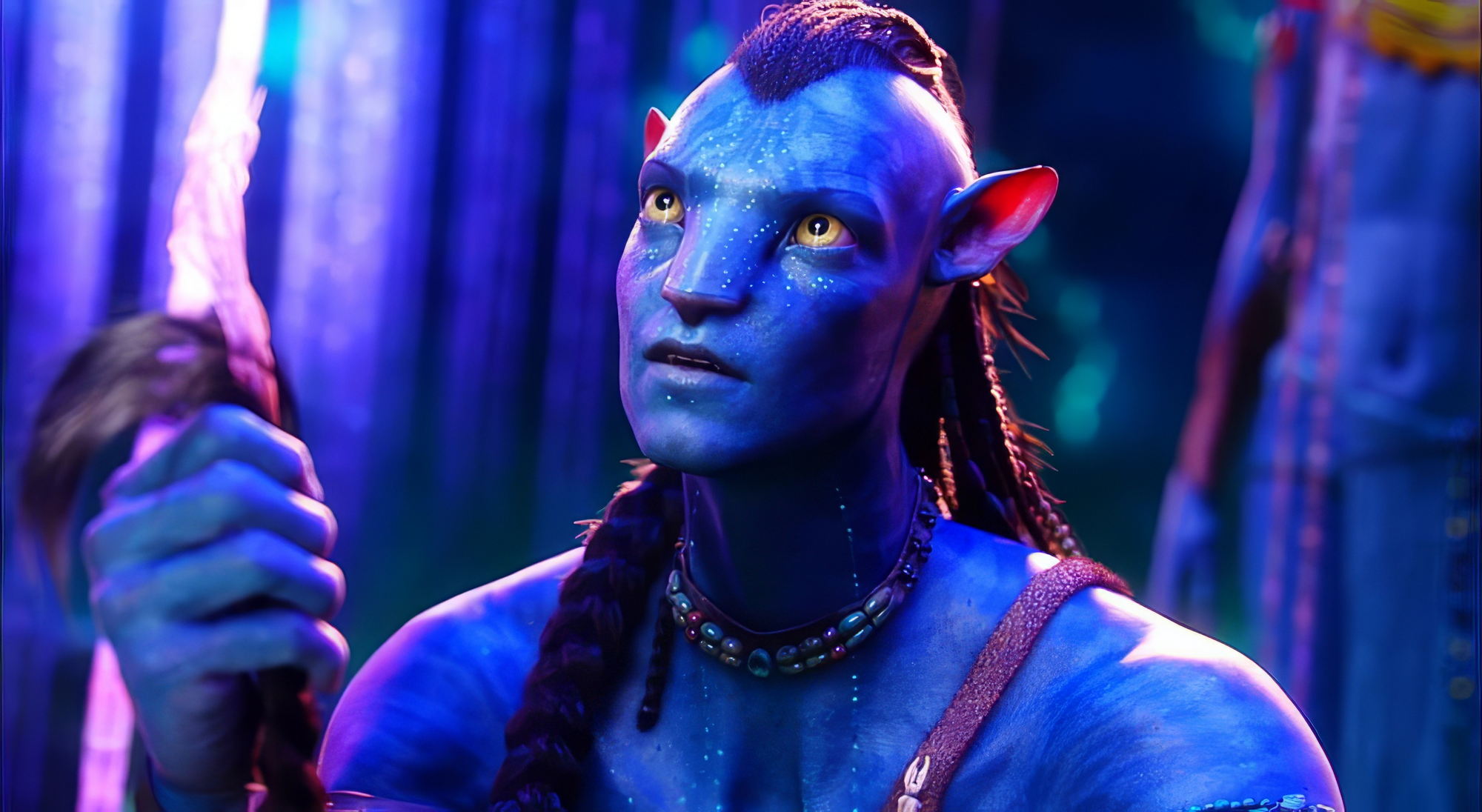
And here's the kicker: Jake's still strategizing, still leading—but his eyes scream burnout. If Way of Water was about legacy, Fire and Ash is about limits.
Neytiri's Fury Could Burn Pandora Down
Zoe Saldaña's Neytiri is no longer just a warrior. She's the embodiment of righteous fury. Think Angela Bassett in Wakanda Forever, but with less diplomacy and more primal vengeance. The trailer doesn't just show her fighting—it dares us to fear what she might become.
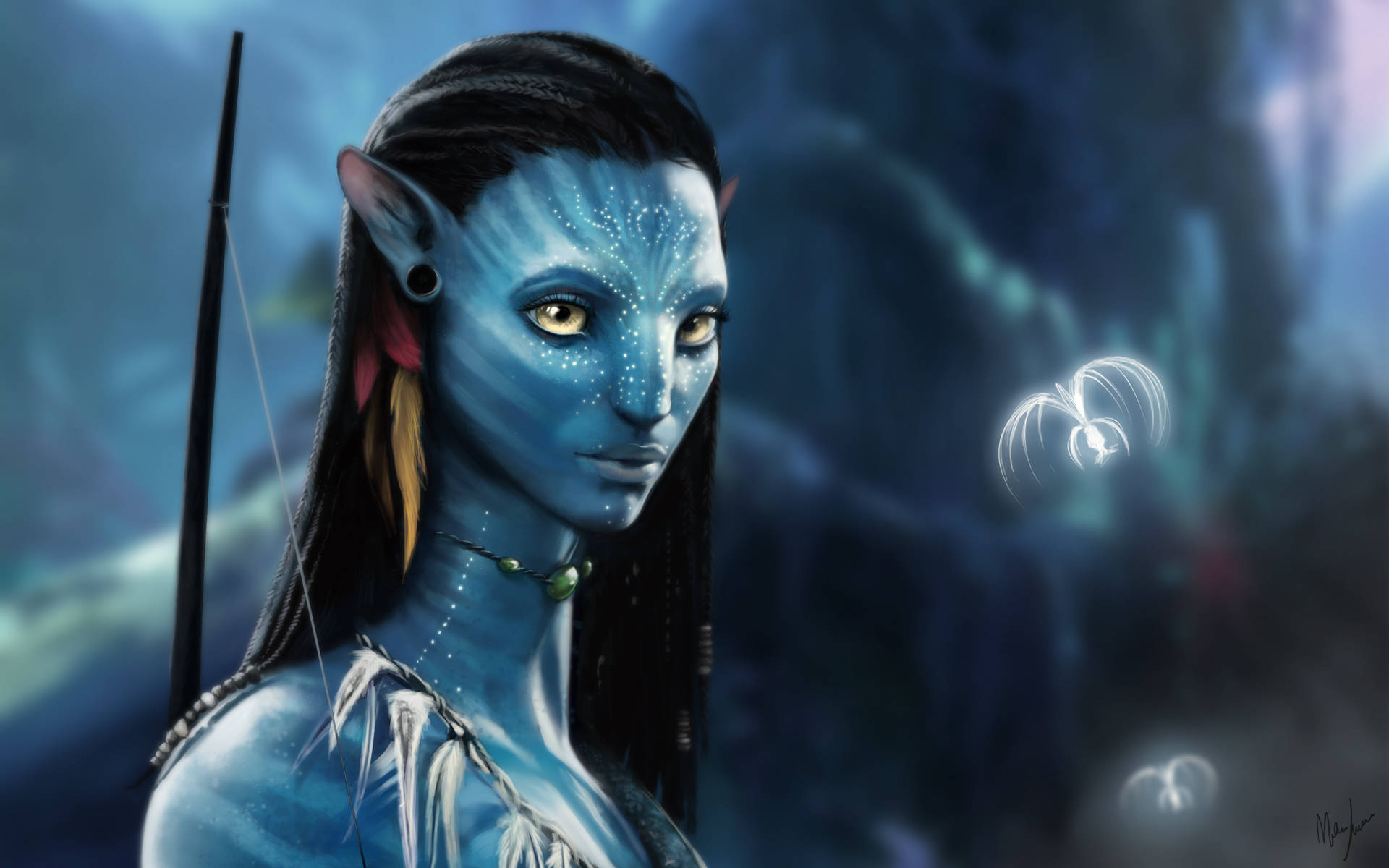
Eywa, the Na'vi's guiding deity, seems distant. Maybe silent. Maybe irrelevant. Neytiri's arc is now drenched in grief and rage—a mix that has historically rewritten heroes into villains. If she leads the charge against the Ash People, we might find ourselves sympathizing with characters we were once trained to loathe.
Kiri Is the Spiritual Fault Line
Sigourney Weaver's Kiri has always been ethereal, but now she's something more. She communes with Eywa. She resists the Ash People's warnings. But when a villain snarls, “Your God has no dominion here,” it doesn't feel like just a line—it's a theological mic drop.
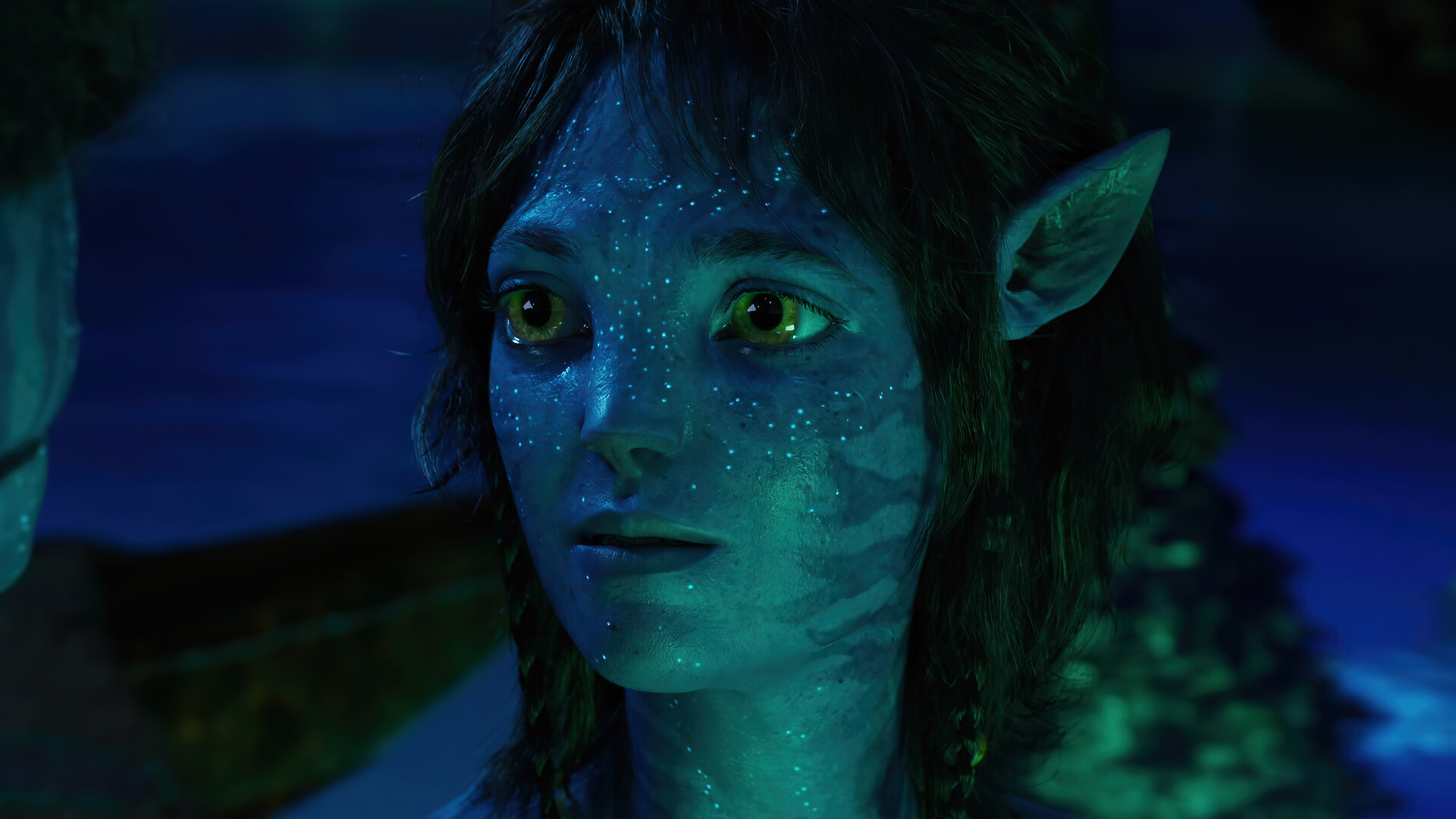
Her connection to Pandora is deeper than anyone's. But that makes her fragile too. Kiri may be the Dune‘s Paul Atreides of this world—revered, doubted, and eventually burdened by a power she doesn't fully control.
Spider's Mask Breaks—and So Might He
Jack Champion's Spider is stuck between a blue rock and a hard place. The mask shattering isn't just visual drama—it's metaphor. He's exposed, vulnerable, literally unable to breathe without help. His loyalty to Jake is tested. His link to Quaritch—his biological father—looms over everything like a toxin.
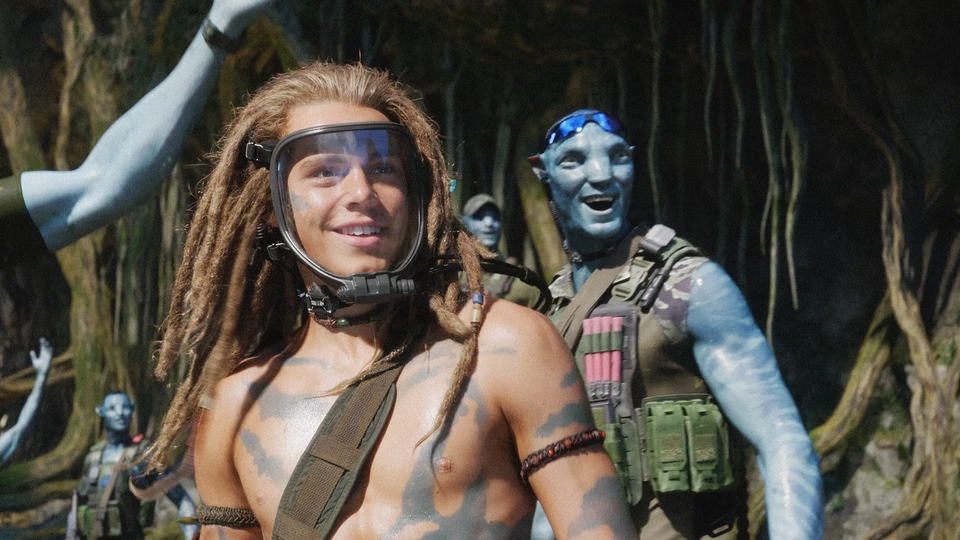
Cameron has always flirted with father-son dynamics (Aliens, anyone?). This time, it's personal. And radioactive.
Quaritch: From Villain to Cultural Parasite
Stephen Lang isn't just back. He's burning. Covered in the red paint of the Fire People, he marches through volcanic terrain like a war god auditioning for Apocalypse Now. If he's infiltrating the Ash Tribe, Cameron's saying something deeply uncomfortable: colonialism doesn't always wear a uniform—it can wear your face, your culture, your gods.
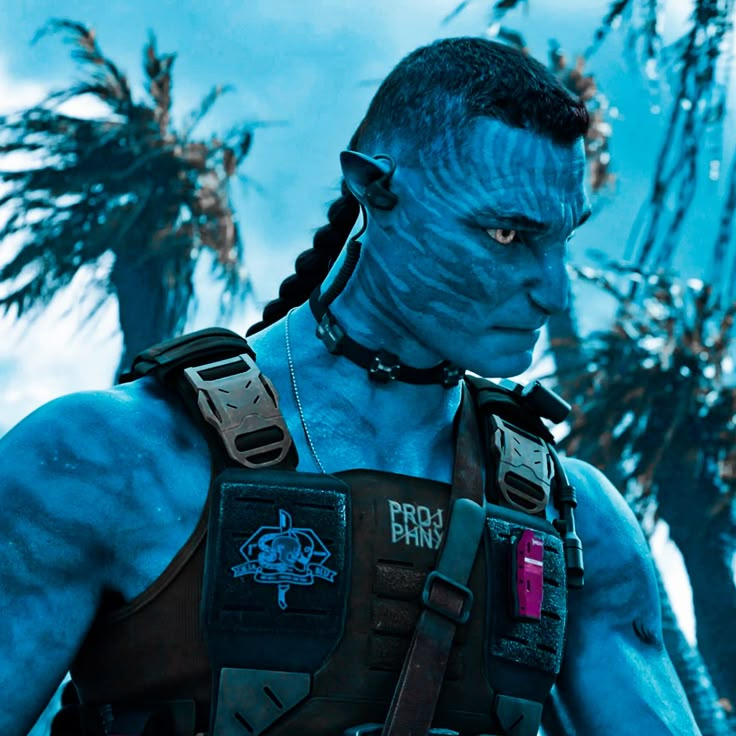
Quaritch has evolved from soldier to symbol. He's not just attacking Pandora—he's assimilating it. Weaponizing it. And that, frankly, is more terrifying than a gunship.
Here's the uncomfortable truth: Avatar is no longer about “us versus them.” It's about what happens when we become them.
The return of these five characters isn't just nostalgic—it's risky. They're all morally frayed, spiritually shaken, and potentially complicit. This isn't Return of the King. It's The Empire Strikes Back with better water physics.
Historically Speaking…
Cameron's shift mirrors a decade-long Hollywood pattern: franchise fatigue and thematic deepening. The Last Jedi dared to make its heroes flawed. Infinity War gave its villain emotional weight. And The Batman turned vengeance into a warning. Avatar 3 now joins that club—pushing past idealism into ambiguity.
The question isn't “Who will win?” anymore. It's “Who deserves to?”











